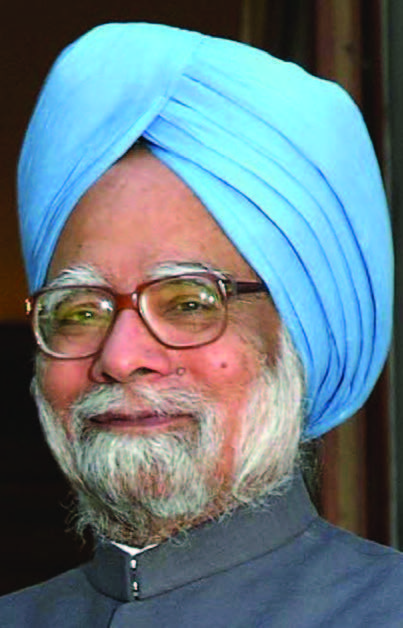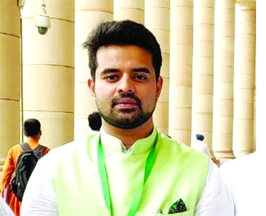In what could be a game changer for medical science, a new blood test has successfully screened multiple cancers in patients who were yet to show any symptoms. The test was conducted among 6,662 individuals as part of a Pathfinder Study by GRAIL, a healthcare company working on improving cancer screening. The test was conducted among patients 50 years and above as they are at an elevated risk for cancer. The results of the tests were presented at the European Society for Medical Oncology (ESMO) Congress 2022 in Paris. The study found cancer in about 1 per cent of participants, including types for which there is no established screening method. This is the first time that the results of the test have been published. The Multi-Cancer Early Detection (MCED) test was measured using both an earlier version of Galleri (MCED-E) and a refined version of Galleri (MCED-Scr).
Researchers said that the earlier version of the test was refined to reduce the detection of pre-malignant hematologic conditions, which are fairly common, and improve prediction of the cancer signal origin. “When added to standard of care screening, MCED testing more than doubled the number of cancers detected compared to standard screening alone. In fact, Galleri detected more cancers than all U.S. Preventive Services Task Force-recommended standard single cancer screenings combined. These included Stage I cancers of the liver, small intestine, and uterus, and Stage II pancreatic, bone, and oropharyngeal cancers,” Jeffrey Venstrom, MD, chief medical officer at GRAIL, said in a statement.
The cancer signal was detected in 92 patients and of these 35 participants was diagnosed with 36 cancers. The company revealed that among the confirmed cancers, 71 per cent of participants had cancer types that have no routine cancer screening available.
hey also established that the cancer signal origin prediction had 97% accuracy and after clinical treatment, there was a resolution of the cancer diagnosis in less than three months for most participants.
The new test is likely to enhance cancer screening and devise better treatment strategies earlier than expected. Source: India Today





Be the first to comment